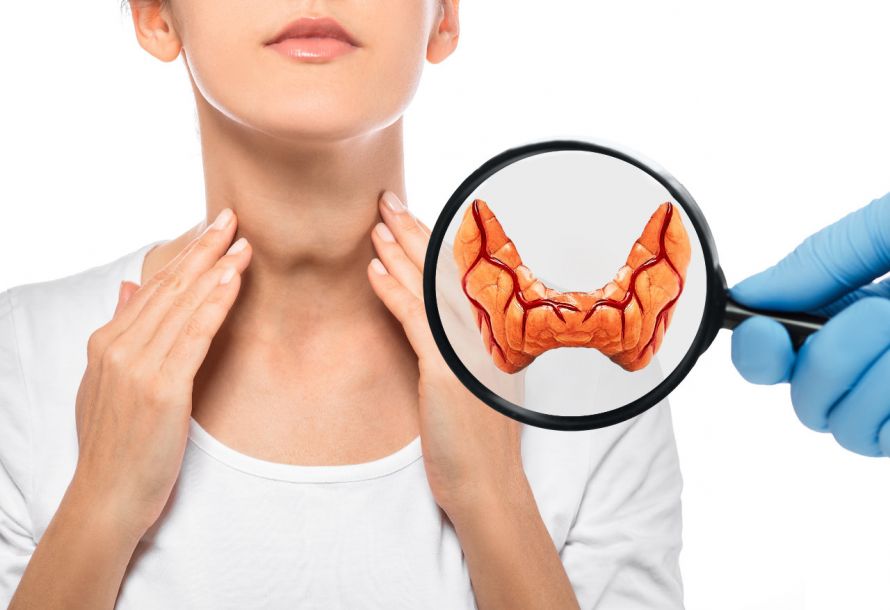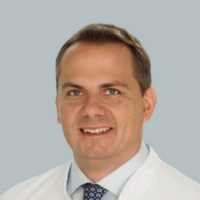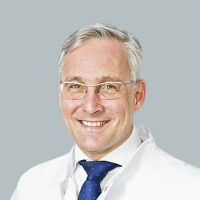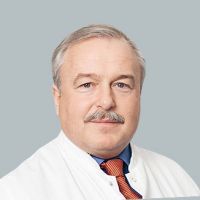In medicine, an overactive thyroid gland is also known as hyperthyroidism. In this condition, the thyroid gland produces a greater number of thyroid hormones than the body needs.
In humans, the thyroid is located at the front of the neck under the larynx. It produces the hormones triiodothyronine (T3) and thyroxine (T4) from iodine and protein building blocks. These thyroid hormones affect almost all organ systems of the body, but especially the energy balance and the heart.
If hyperthyroidism occurs, this leads to an acceleration of the metabolism. This is noticeable in a faster pulse, sleep problems, and anxiety. However, with the help of appropriate treatment, sufferers can go on to lead normal lives.
The incidence of hyperthyroidism varies with age. Thus, it is rarely seen in children and becomes more prevalent with age. Hyperthyroidism represents the second most common thyroid disease.
Hyperthyroidism can occur due to various causes. However, in approximately 95 percent of all patients, Graves' disease or a thyroid autonomy are responsible for the occurrence of hyperthyroidism.
Graves' disease is also known as toxic diffuse goiter and is an autoimmune disease. In this process, the immune system forms antibodies against its own organism, in this case against the thyroid gland. The antibodies dock onto the thyroid cells and stimulate hormone production. This results in an excessive increase in hormone concentration and a slight enlargement of the thyroid gland.
The phenomenon when the thyroid gland produces hormones on its own, i.e., independently of the control of the pituitary gland, is called thyroid autonomy. This may involve individual thyroid sections, for example, thyroid nodules, or the entire thyroid gland.
Most often, thyroid gland autonomy develops due to decades of iodine deficiency. In the case of such a deficiency, the thyroid gland attempts to balance the deficiency through growth. This leads to goiters as well as nodular tissue changes.

Hyperthyroidism can lead to the development of a goiter © Peakstock | AdobeStock
Other possible causes of hyperthyroidism include the following
- Inflammation of the thyroid gland and
- Too high doses of hormone therapy for the thyroid gland.
The effects of hyperthyroidism manifest very differently from person to person. The metabolism is almost always affected by the too-high concentration of thyroid hormones and runs faster.
This becomes noticeable through
- Sweating,
- Tachycardia (or rapid heartbeat), and
- Restlessness.
Other typical symptoms include:
- Anxiety,
- Increased sensitivity to heat,
- Increased thirst,
- A decrease in weight despite an increase in appetite,
- Diarrhea, occasionally also vomiting,
- Muscle weakness and muscle pain,
- Hair loss,
- Hand tremors, and
- An increased skin temperature.
Hyperthyroidism may or may not be accompanied by enlargement of the thyroid gland. In the case of Graves' disease, there are additional problems with the eyes, e.g.,
- Light sensitivity,
- Lacrimation,
- Double vision,
- Reddened eyes, and
- Bulging eyeballs, because the above-mentioned antibodies are also directed against the tissue in the eye.
The most sensitive parameter for diagnosing hyperthyroidism is the determination of the basal TSH level in the blood. If this is normal and the patient has no symptoms, nothing further needs to be determined.
However, other levels are checked to distinguish the cause of the disease:
- If so-called thyrotropin receptor autoantibodies (TRAb) are detectable, Graves' disease is proven.
- If the fT3 and fT4 levels are elevated but the basal TSH level is in the normal range, there may be a very rare condition called central hyperthyroidism. This can be caused, for example, by a TSH-producing pituitary adenoma.
The diagnostic program for further diagnosis of hyperthyroidism usually also includes
Hyperthyroidism treatment usually takes place initially with medication. The so-called antithyroid drugs are thyroid blockers. They inhibit the excess formation of hormones within the thyroid gland.
Thiamazole and carbimazole have proven effective as active ingredients. As part of the drug treatment, the doctor regularly checks the levels of thyroid hormone. This also serves the timely detection of a possible recurrence of hyperfunction. These checks are usually performed by an endocrinologist (hormone specialist).
In addition, the blood count and liver values must be checked regularly during such therapy.
In Graves' disease, drug treatment is often sufficient. If this is not the case or if the hyperfunction returns after discontinuation of the medication, a so-called definitive therapy must be carried out. This involves either radioiodine therapy (targeted destruction of thyroid tissue using radioactive iodine) or surgery.
The treatment selected from the two options must be carefully considered on a case-by-case basis. For this decision
- Age,
- Pre-existing conditions, and
- The size of the thyroid gland, among other things,
play a role.
If the patient suffers from thyroid autonomy, definitive therapy (radioiodine or surgery) is almost always advised. The exception is usually very elderly patients. Long-term drug therapy can also be used for them.
Nutrition is also crucial in hyperthyroidism. If the disease was caused by iodine deficiency, it does not mean that normal thyroid function can be restored by compensating for the iodine deficiency.
On the contrary, if you have a hyperfunction, you should avoid taking iodine at all costs. This can lead to an aggravation of the hyperfunction! This also especially applies to the use of X-ray contrast media containing iodine.





















